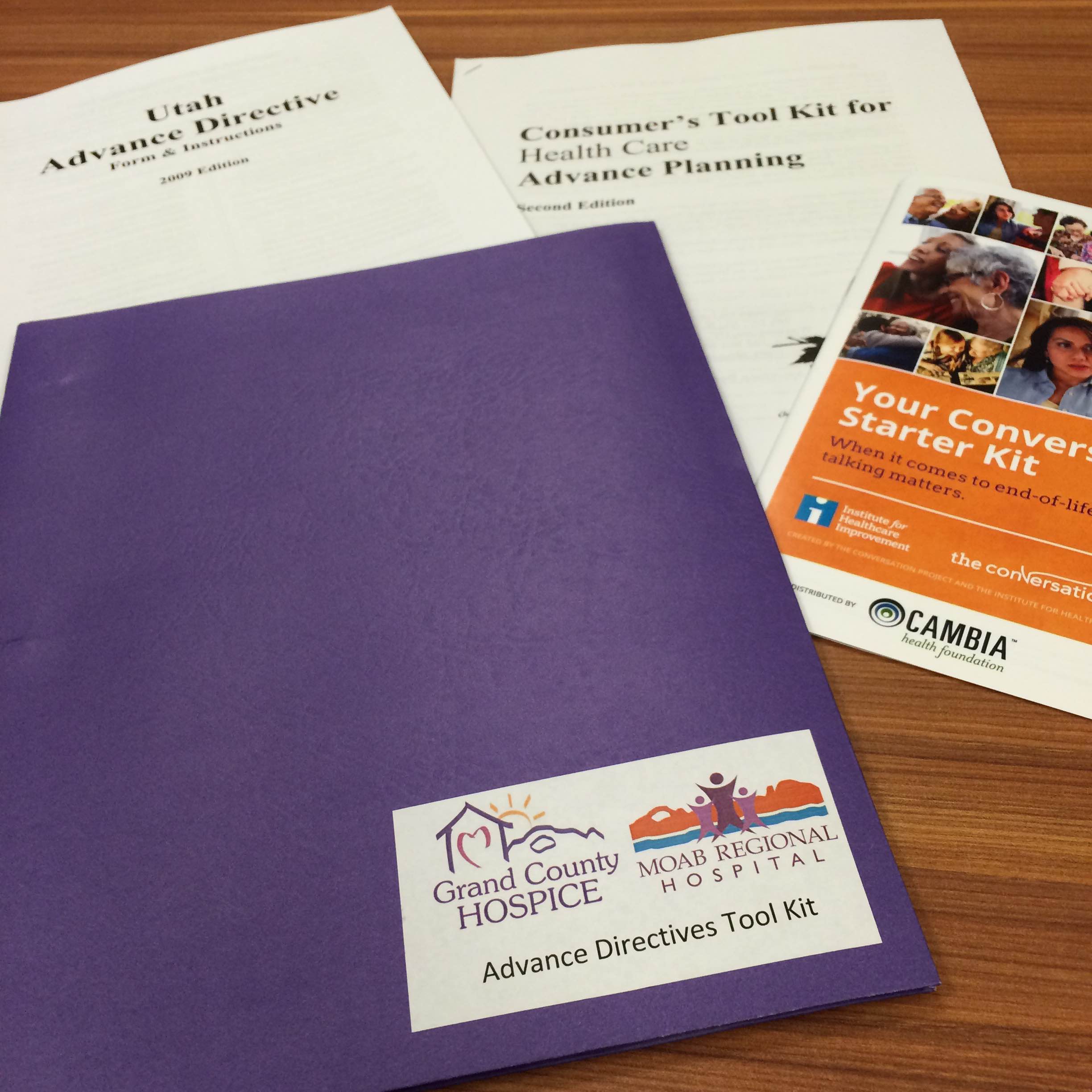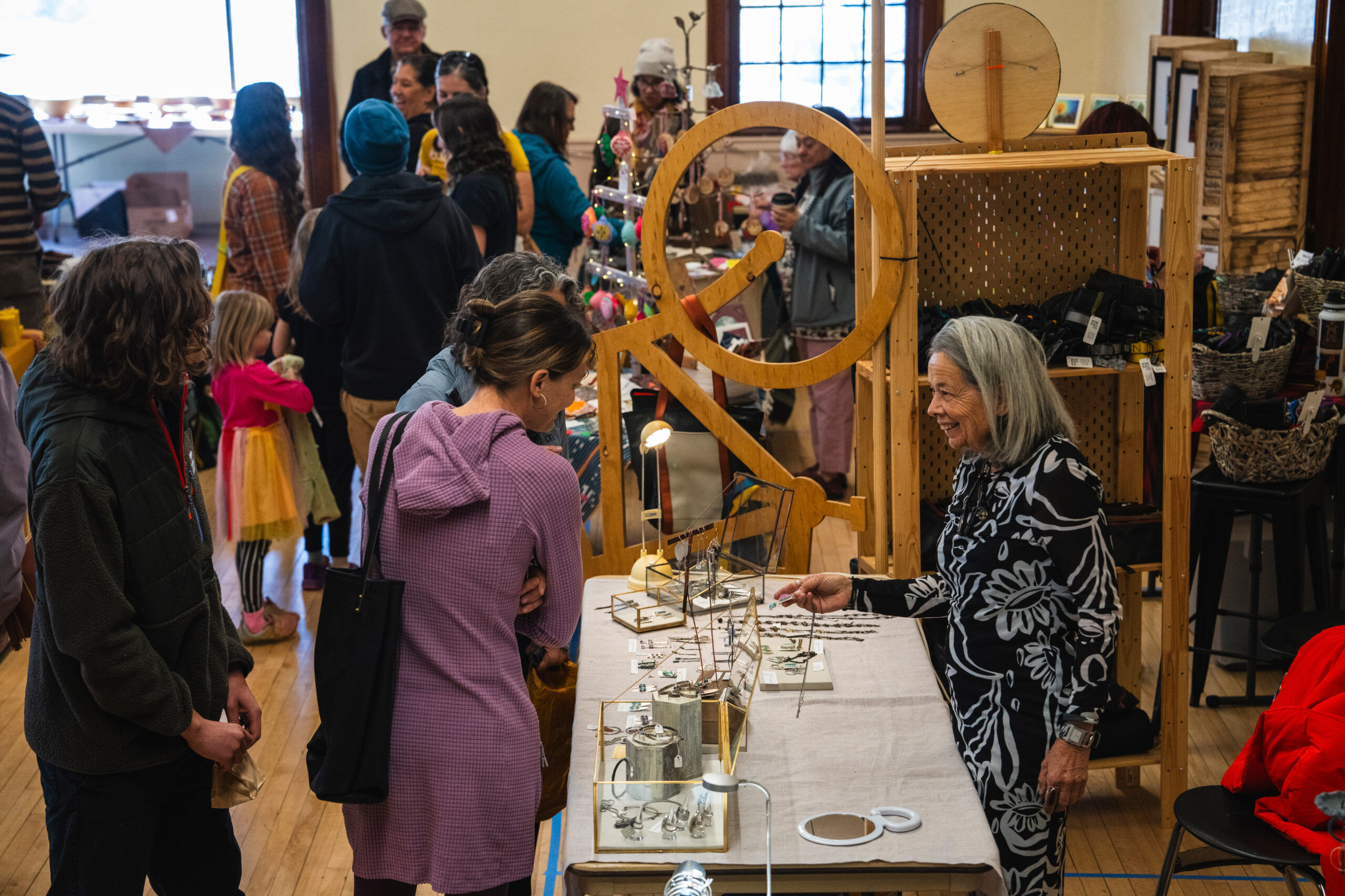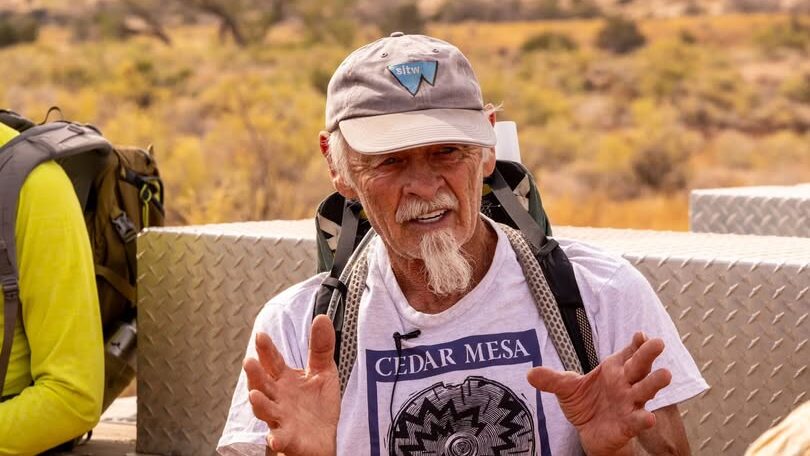Some information may be outdated.
While it’s not a pleasant topic to think about, death is one of life’s certainties, and preparing for it individually can help make the experience much less stressful for everyone it affects.
To help people check that preparedness box, Grand County Hospice will hold an advance directive workshop at Moab Regional Hospital, 450 W. Williams Way, on Thursday, Sept. 29, from 5 to 6:30 p.m. The workshop is free to local residents, and will lead attendees through the process of creating the legal document that applies when they are unable to communicate their wishes about end-of-life care.
“Once mom or dad is incapable of expressing what they want, and no one’s talked about their will or power of attorney, it becomes very stressful for the family,” Grand County Hospice Director Jessie Walsh said. “At end of life, the situation is always stressful. To have to add all of that on top of it is just awful.”
On the other hand, she said, when a person has carefully thought the situation through in advance and made a plan, their family or other loved ones are able to make decisions with confidence and peace of mind.
This will be the second advance directive workshop this year, and Grand County Hospice plans to hold such workshops twice annually in the future, Walsh said.
“Part of our mission is to help people in the community have conversations about death and dying,” she said.
The 90-minute workshop will include a 45-minute presentation by Walsh and Grand County Hospice Medical Director Dr. Katherine Williams, followed by a question-and-answer session, Walsh said. The two will guide attendees step by step through the decision-making process to complete the four-section advance directive document.
The first section names a medical power of attorney, or health-care agent. In the workshop, attendees will identify several candidates for the responsibility, and to come up with a well-thought-out choice, they will be given a list of variables to consider as they rate each one.
Choosing your health-care agent is the most important part of completing the document, Williams said.
“That person is going to have a lot of responsibility in the event that you require end-of-life care,” Williams said. “It’s important that you talk to your family, (and) that you talk to your friends about these things so that people do know what you want. It just helps ease the burden on the family.”
In the second section of the document, the living will, attendees will learn what decision-making powers their agent can have and specify which powers they wish to give them. They will make decisions about whether to prolong life or not in various situations, including the use of feeding tubes, being resuscitated or receiving other life-sustaining medical treatment.
The third and fourth sections deal with making changes to the document, and making it a legally binding document.
The advance directive workshop held this spring was a success, with about 25 attendees expressing afterward that they felt confident in their understanding of making end-of-life care decisions, Walsh said.
“It is overwhelming, and it is scary to talk about these things,” she said. “By the time they left, though, they really felt like they had everything they needed to get this document finished and in the hands of their loved ones.”
Adults of all ages are encouraged to attend, because anything can happen at any time, Williams said.
For a young person who’s healthy, preparing an advance directive isn’t a priority, but it’s something everyone should think about, she said.
For instance, she asked, what are a person’s goals for their life if they are involved in a serious accident?
Answering that question is not difficult or time consuming, she added. The workshop is intended to make it easier by giving people the opportunity to ask questions and discuss thoughts with medical professionals.
“It can be addressed in 30 minutes, and then you just tuck it away where you know where it is, and someone else knows where it is,” she said. “It’s just part of planning for the future in different dimensions, whether it’s financial or for relationships. It’s one of the things that you know is going to happen to you in life.”
The workshop can accommodate up to 40 people, and advance reservations are requested.
Hospice to host free advance directive workshop on Sept. 29
For more information, or to reserve a space, contact Walsh at 435-719-3772. Utah’s Advance Directive document can be downloaded and completed anytime by going to: http://aging.utah.edu/programs/utah-coa/directives.
It’s important that you talk to your family, (and) that you talk to your friends about these things so that people do know what you want. It just helps ease the burden on the family.
What: Grand County Hospice’s advance directive workshop
When: Thursday, Sept. 29, from 5 to 6:30 p.m.
Where: Moab Regional Hospital
Cost: Free; RSVP by calling Jessie Walsh at 435-719-3772
Appreciate the coverage? Help keep local news alive.
Chip in to support the Moab Sun News.





